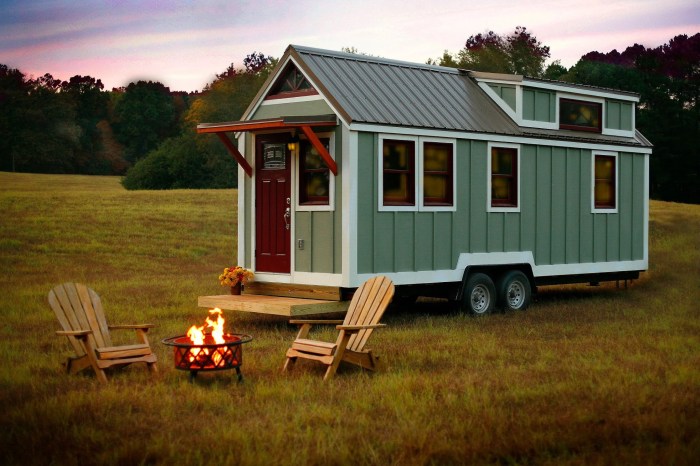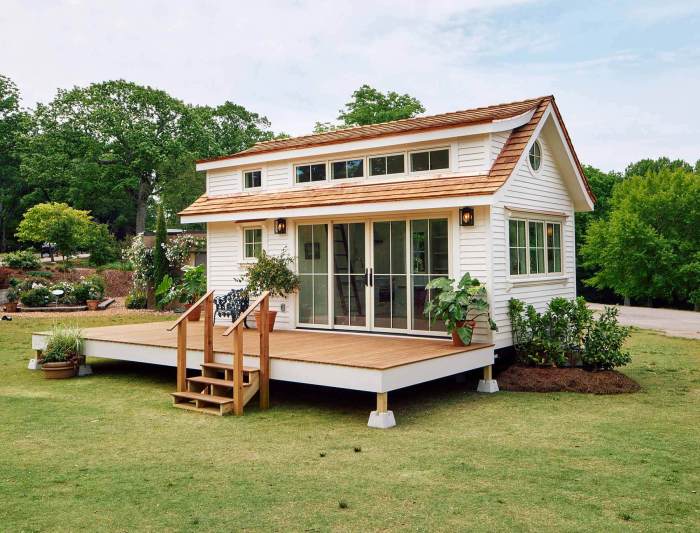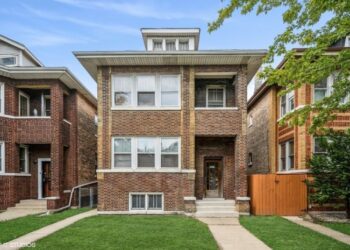Discover the world of small homes for sale through this engaging guide. From tiny houses to cabins and micro-apartments, this topic delves into the unique designs and benefits of compact living spaces.
Learn about the advantages of investing in a small home, key factors to consider before buying, and the sustainable features that make these homes eco-friendly.
Types of Small Homes for Sale
When looking for a small home to buy, there are various options available in the market that cater to different preferences and needs. Here are some of the common types of small homes you may come across:
Tiny Houses
Tiny houses are compact homes typically ranging from 100 to 400 square feet in size. They are designed to maximize space efficiency and often feature multi-functional furniture to make the most out of the limited space.
Cabins
Cabins are small, rustic houses usually located in rural or woodland areas. They provide a cozy and traditional living space, perfect for those seeking a simpler lifestyle closer to nature.
Cottages
Cottages are small, charming homes that often exude a cozy and quaint atmosphere. They are popular for their picturesque designs and are commonly found in rural or seaside locations.
Micro-Apartments
Micro-apartments are ultra-compact living spaces typically ranging from 100 to 400 square feet. These small units are designed to maximize every inch of space and are often located in urban areas to cater to the growing demand for affordable housing.
Unique Designs
In addition to the traditional types of small homes, there are also unique designs available in the market. Examples include converted shipping containers, which offer a modern and sustainable living solution, and tiny houses on wheels, which provide mobility and flexibility to homeowners.
Benefits of Investing in Small Homes

Investing in small homes can offer numerous advantages compared to traditional houses. These benefits make small homes an attractive option for first-time buyers looking to enter the real estate market.
Affordability for First-Time Buyers
Small homes are generally more affordable than larger houses, making them accessible to individuals or families purchasing their first property. The lower price point can help buyers enter the housing market sooner and start building equity in their home.
Cost Savings in Maintenance, Utilities, and Property Taxes
One of the key advantages of investing in a small home is the potential for cost savings in various areas. Small homes typically require less maintenance than larger properties, resulting in lower upkeep costs over time. Additionally, smaller homes tend to have lower utility bills due to their reduced square footage.
Property taxes are also often lower for small homes, providing additional savings for homeowners.
Factors to Consider When Buying a Small Home
When buying a small home, there are several key factors that individuals should consider to ensure they make the right decision. From location to layout, each aspect plays a crucial role in determining the suitability of a small home for your needs.
Location
Location is one of the most important factors to consider when buying a small home. It not only affects your daily commute but also influences the future resale value of the property. Consider factors such as proximity to amenities, safety of the neighborhood, and potential for growth and development in the area.
Size and Layout
The size and layout of a small home can greatly impact its functionality and comfort. Evaluate the layout to ensure it meets your needs and allows for efficient use of space. Consider factors such as the number of bedrooms, bathrooms, and storage options available in the home.
Amenities
When buying a small home, consider the amenities that are important to you. Whether it's a backyard space, parking availability, or access to recreational facilities, make sure the home offers the amenities that align with your lifestyle and preferences.
Quality of Construction
Assessing the quality of construction is crucial when buying a small home. Look for signs of quality craftsmanship, such as durable materials and attention to detail. A well-built home not only ensures your safety and comfort but also contributes to its resale value in the future.
Potential for Future Resale Value
Lastly, consider the potential for future resale value when buying a small home. Factors such as location, market trends, and overall condition of the property can impact its resale value over time. Investing in a small home with strong resale potential can be a wise decision for long-term financial security.
Sustainable Features in Small Homes

Small homes are often designed with eco-friendly and sustainable features that not only benefit the environment but also the homeowners. These features help reduce energy consumption, promote a minimalist lifestyle, and decrease the overall environmental impact.
Energy-Efficient Appliances
One common sustainable feature found in small homes is the use of energy-efficient appliances. These appliances are designed to consume less electricity, which can lead to significant cost savings for homeowners in the long run. By using energy-efficient appliances, small homes can reduce their carbon footprint and contribute to a greener environment.
Solar Panels
Many small homes are equipped with solar panels to harness the power of the sun and generate electricity. Solar panels are a renewable energy source that can help homeowners reduce their dependence on traditional power grids. By installing solar panels, small homes can become more self-sufficient and environmentally friendly.
Green Building Materials
Small homes often incorporate green building materials such as recycled wood, bamboo, and low-VOC paints. These materials are sustainable and have a lower environmental impact compared to traditional building materials. By using green building materials, small homes can reduce waste, conserve resources, and create healthier living spaces for their occupants.
Ending Remarks
In conclusion, small homes offer a world of possibilities for those seeking affordability, sustainability, and a minimalist lifestyle. Dive into the realm of small homes for sale and embrace a new way of living.
Helpful Answers
Are small homes a good investment?
Yes, small homes can be a great investment due to their affordability and potential cost savings.
What factors should I consider before buying a small home?
Key factors to consider include location, size, layout, amenities, construction quality, and potential resale value.
How do small homes promote sustainability?
Small homes often feature eco-friendly elements like energy-efficient appliances, solar panels, and green building materials, promoting a minimalist lifestyle and reducing environmental impact.














